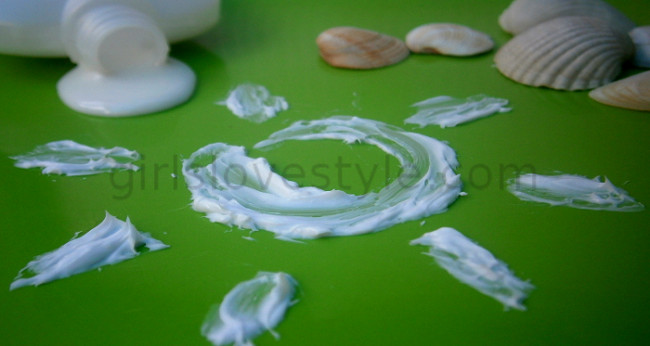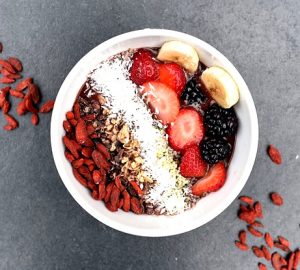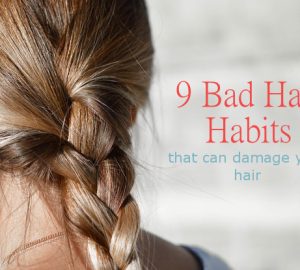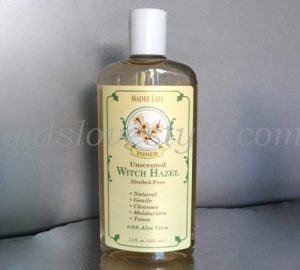Excessive sun exposure to unprotected skin greatly increases the risk of skin cancer. This should be taken into consideration by all of us, especially of those with lighter skin, children and people with a greater number of moles and freckles. Sunscreens and sunblocks are a popular method of protection against the sun, but do you know that sunscreen and sunblock and two different things?

How the sun can damage your skin?
Until recently it was known that the skin damaging is mainly due to the UVB rays that are emitted with the highest intensity during the summer months, especially around noon. But it also has been found that the same type of skin damage is also caused by UVA rays. Differences between UVB and UVA are more important than you think.
What are UVA rays:
• UVA have the strongest in intensity of UV light and they are present throughout the day and throughout the year even in winter.
• The spectrum of radiation passes through glass and windows, as well as various fabrics.
• UVA can’t be blocked 100% even with quality and effective sunscreens.
UVA rays have a longer wavelength, which makes them able to penetrate the skin deeper. There are couple of ingredients approved for sunscreens and sunblocks, which can provide an effective blocking of UVA. So be sure that your read the list of ingredients carefully. These ingredients are zinc oxide and titanium dioxide (found in sunblocks) and oxybenzone, octyl salicylate etc (found in sunscreen).
Knowing how harmful the sun can be, using sunscreen or sunblock daily can help you reduce the appearance of wrinkles, skin pigmentation, sunburn and even skin cancer.
The difference between sunscreen and sunblock
Do you know that actually there is a difference between sunscreen and sunblock? Many people often think that sunscreen and sunblock are the same thing, but the truth is that the ingredients they contain and the way they work make them a two completely different things.
The difference is that sunblock reflects the UVA and UVB rays and block them from reaching your skin while sunscreens absorbs the UV rays rather than reflecting them. Another difference between sunscreens and sunblocks is that sunscreens often have a SPF level on their label, while sunblock usually don’t. But having no SPF on the packaging doesn’t make the sunblocks less effective than sunscreens, actually they are often considered to be more effective.
Usually sunblocks contain mineral ingredients such as zinc oxide and titanium dioxide which are really effective in protecting against both UVA and UVB rays, the types of UV rays that cause sunburn and even skin cancer. Because they contain mineral ingredients rather than chemicals, when you apply sunblocks on your skin, they often appear white and leave a white film on your skin.
Sunscreens usually dry clear and they are less visible on the skin. One of the ingredients that they have are benzophenones, which protect against UVA, and salicylates and cinnamates, which protect against UVB. Usually on the lable, you’ll see these ingredients as oxybenzone, octyl methoxycinnamate or octyl salicylate etc.
Pros and cons of sunscreen and sunblock
Sunblock offers broad-spectrum protection against the UV rays, and is recommended for those that have very high sensitivity to UVA and UVB rays. Because sunblocks are usually thicker, their coverage is more durable to water and sweat and the white color makes it easy to spot areas on which your sunblock has wiped off. Sunblocks provide better protection, but the thick consistency can make the application more difficult and some people doesn’t like to have white patches of sunblock on their skin.
Sunscreens may not offer the protection that sunblocks do, but they are much more easier to apply, they are available in different SPF and some of them are even water resistant. But even if you buy a waterproof sunscreen, you still need to reapply it after sweating or swimming. Sunscreens contain ingredients that often break down after couple of hours of sun exposure to and that’s why you need to reapply them. They also sometimes contain chemical ingredients like PABA, which is an allergen and can be irritating to some children and adults.



